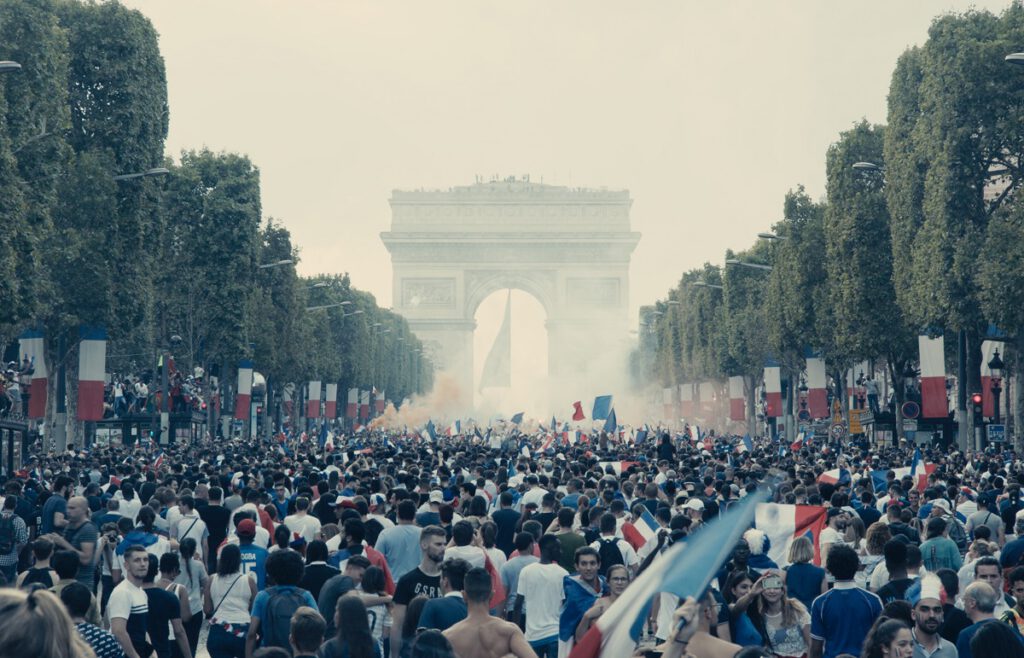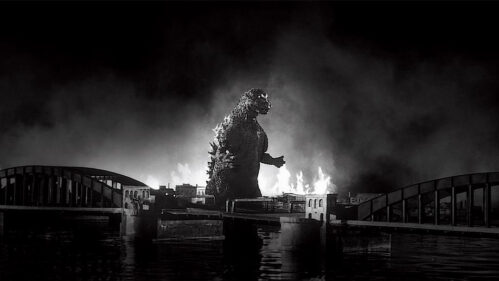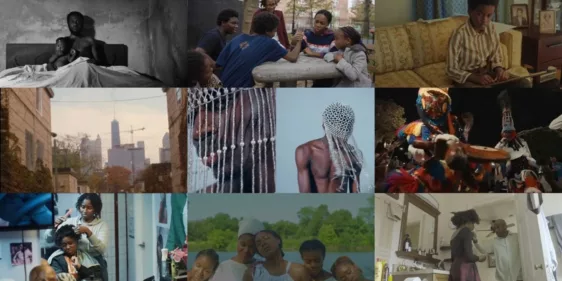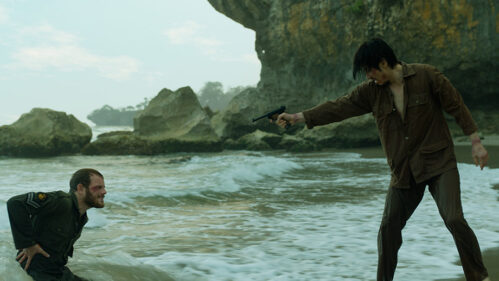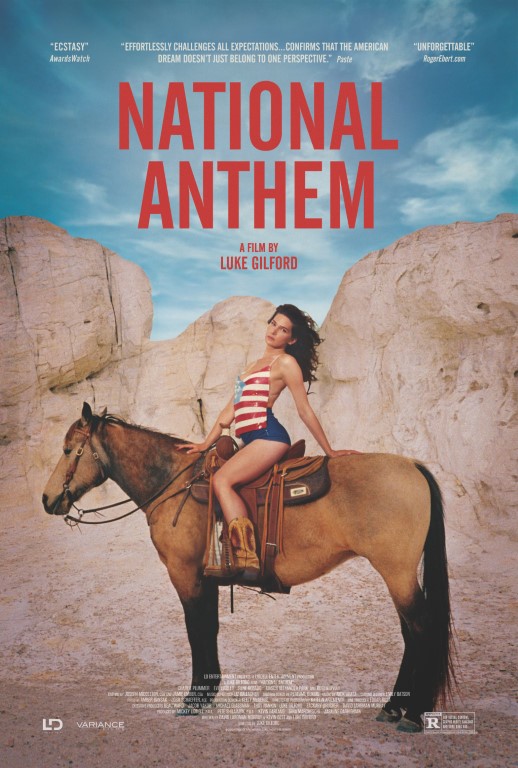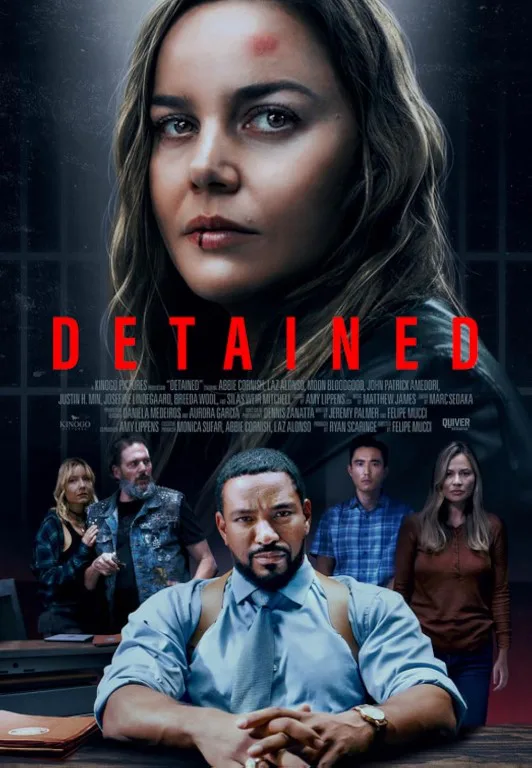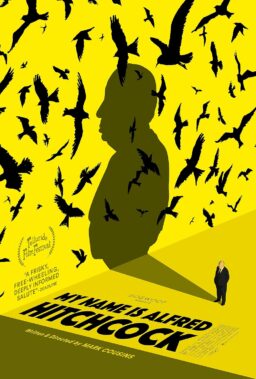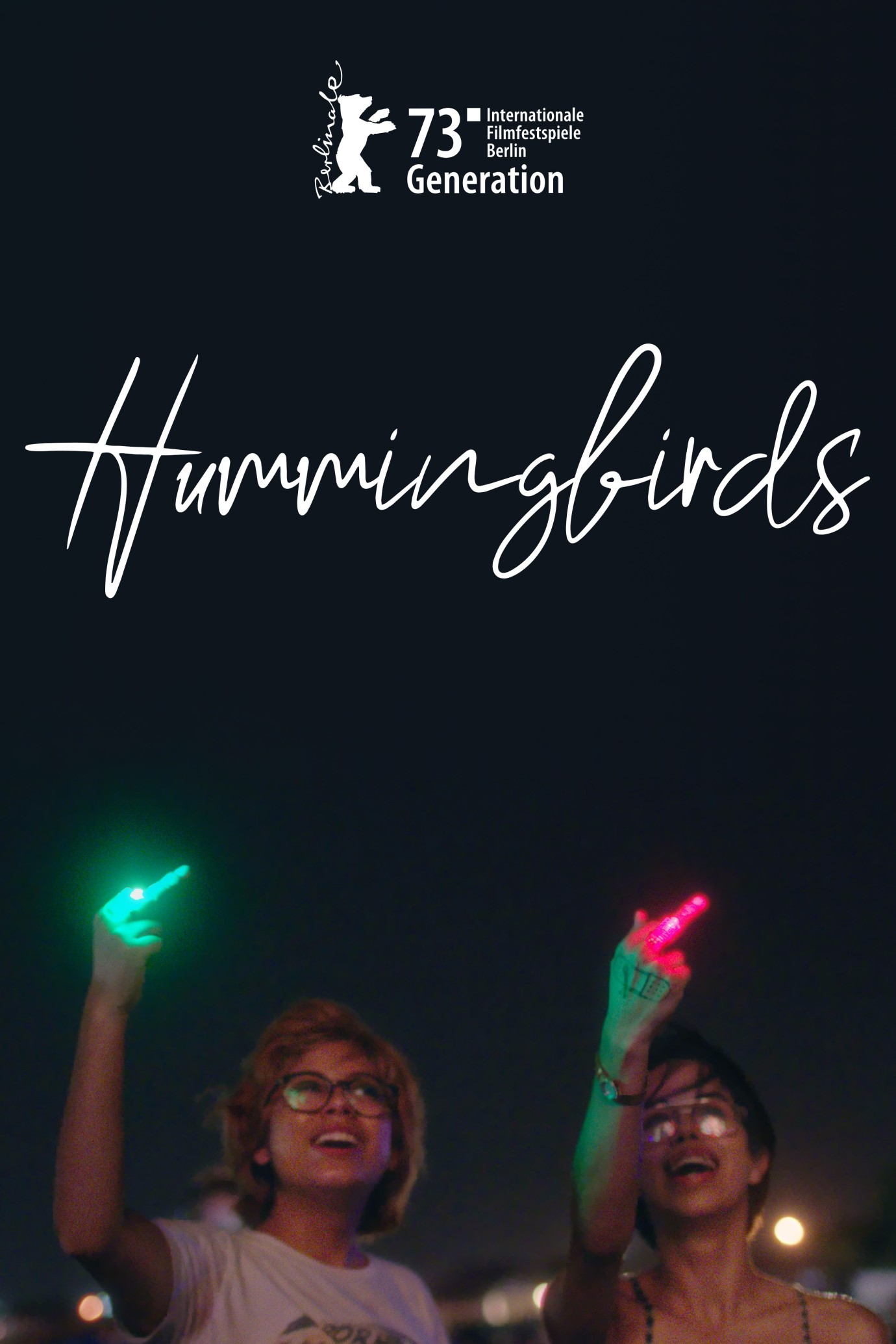A fierce rainstorm with driving wind swept across Cannes in the early dawn hours of the festival's first full day. Last night's red carpet was a soggy sponge, and the deluge poured down until the morning turned sunny but cold. The weather seemed an omen for two new films, each crossing racial and social boundaries to examine the vagaries of stormy lives.
Premiering in competition, the thriller policier "Les Miserables" by French director Ladj Ly, is set in the present, in the Paris neighborhood of Victor Hugo's novel. It's the neighborhood that Ly grew up in and knows intimately, dominated by blocks of suburban housing projects populated largely by residents of North African, Middle Eastern, and Roma heritage—the city's most disadvantaged citizens. The time may be now, but the poverty, disenfranchisement, and abuse of power by authorities hasn't changed much since Hugo's time.
Stephane (Damien Bonnard) is a policeman newly moved to Paris and assigned to a unit of the plainclothes Anti-crime Squad. His partners are Chris (Alexis Manenti), a virulently racist white man whom the kids on the street have dubbed "Pink Pig," and Gwada (Djebril Zonga), whose own African descent and Muslim religion equip him with strangely little solidarity with the population he serves. Stephane is snubbed as an outsider by the pair, given the derisive nickname of "Greaser," and set up in a stunt that makes him appear the naïve fool to a restaurant full of resentful locals who are no lovers of cops.
On the first day out, Stephane gets a taste of his partners' brutal grip on the neighborhood through incidents as minor as their ugly bullying harassment of three teenage girls at a bus stop. The day soon moves into a maddened mode when the three go in relentless pursuit of a teen who has allegedly stolen a valuable tame lion cub from a traveling circus. It is here that Ly kicks the film into high gear, with intricately choreographed street scenes involving mobs of kids and adults, prolonged foot chases, and multiple disastrous confrontations, each serving to up the temperature of the community to near the boiling point.
Gwada shoots the alleged perp in the face with a flash-gun, and he and Chris consider their coverup options, sneering at Stephane's panicked desire to get the unconscious and bleeding boy to a hospital. A drone operated by a geeky kid named Buzz hovers overhead, and the significance is clear; they have been seen and recorded.
"Les Miserables" starts as a good cop/bad cop concept, but Ly does not let that simple perception stand for long. He's about to drag his story through many levels of hell and many shades of collaboration, betrayal, and self interest on the part of both the police and an assortment of double-dealing community power brokers, before a mass-action showdown in which life and death hang in the balance in the grim hallways of a housing project. This is an exciting, heart-pounding film featuring an astonishing array of street-based set pieces. It's also heartfelt in how it conveys an authentic-feeling sense of the helpless fear and the raw animal impulse for revenge experienced by the people who are the subjects of gratuitous abuses of power.

Making its debut in the Un Certain Regard section of the festival, Annie Silverstein's "Bull" takes a white teenage Texas girl into into the unfamiliar world of African American cowboys and bull riders. The director won the Cannes Cinefondation award for her short film "Skunk" in 2014. As a first feature, it is in competition for the Camera d'Or.
Krystal (Amber Havard), 14 years old, is living in the ragged semi-rural outskirts of Houston with her diabetic grandmother and her little sister. Her mother is in prison, and Krystal is more or less bringing herself up, wild and belligerent, like the stories she hears about her mom's crazy exploits before she ended up in jail. Following a confrontation with black neighbor Abe (Rob Morgan) over her dog's destructive forays into his yard, she breaks into his house one night when he is away, and invites her friends to party until they trash the place.
Abe ekes out a living working a weekend circuit of black rodeos as a competitive bull rider. He's a grizzled and scarred former champ, now older and teetering at the edge of aging out of the game. He comes home gored and sore, to his property scattered and violated, his liquor and prescription painkillers gone. Taking pity on Kris's grandmother, he demands that the angry, sullen girl be made to clean up his house as an alternative to arrest.
Director Silverstein underscores the isolation of her characters, often placing them alone in the frame, or with other actors blurred or only partially visible. The frequent use of close-ups and muted light, and the manipulation of depth of field within the image serve to suggest a shadowy environment in which there is very little moral clarity.
This is a story of odd-couple redemption, not in a romantic sense, but in the spirit of an eventual meeting of minds somewhere deep within the core of personhood. It becomes evident that Kris is more adrift than bad to the bone, and within the structure of Abe's gruff discipline she discovers wary friendship and a mentor. Her newfound respect for Abe comes with a growing passion to emulate him as a bull rider. He begins to teach her, but they each struggle with the pull of the singular worlds they come from, and face the multiple temptations lying in wait in the culture of the opioid trade that exists all around them.

